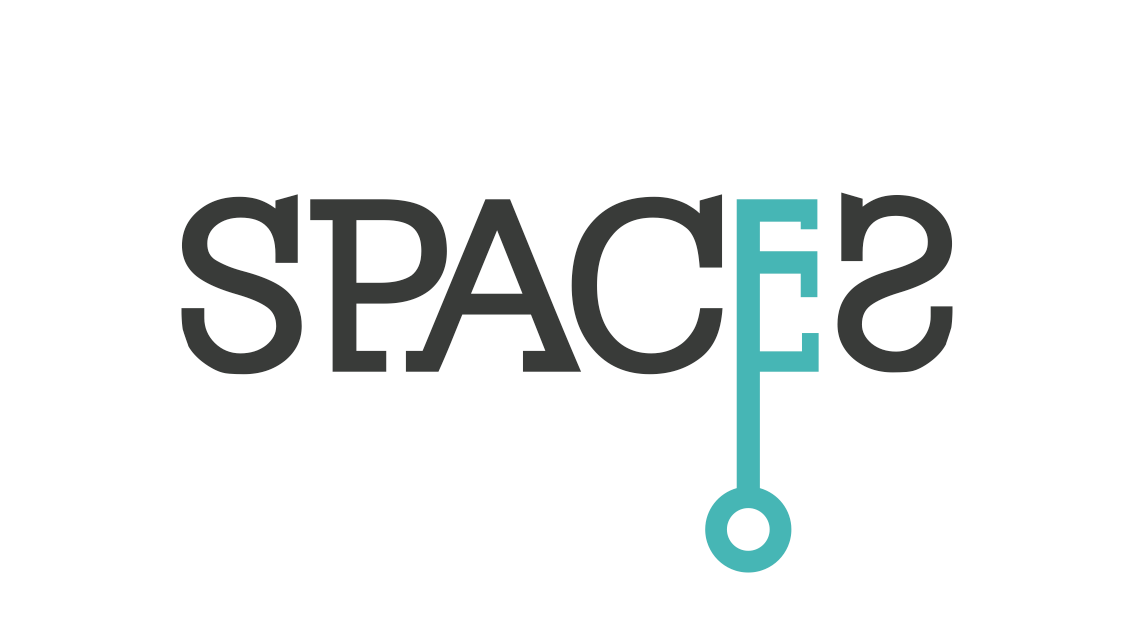Rent vs. Buy
PROS
More stable housing costs. Rental payments can be unpredictable and typically rise each year or at each lease renewal. Most mortgage payments remain unchanged with the exception of taxes and possibly insurance. However, these changes are usually gradual. A stable housing cost is especially important in times of inflation, when renters lose money and landlords make money.
Tax savings. Homeowners can be eligible for significant tax savings because you can deduct mortgage interest and property taxes from your federal income tax, as well as many states’ income taxes. This can be a considerable amount of money at first, because the first few years of mortgage payments are usually made up mostly of interest and taxes.
Debt consolidation. If you need to, you can refinance a mortgage loan to consolidate other debts (an opportunity you don’t have if you are renting). And, the interest on this is also tax deductible!
Equity. Instead of payments disappearing into someone else’s pocket, homeowners are building equity in their own home. This is often one of a person’s biggest investment assets. Each year that you own the home and pay more toward the principal balance, this is money that you (should) get back when your home sells. It is like having a scheduled savings account that grows faster the longer you have it. If the property appreciates, which it generally does, it is like money in your pocket. You are the one who gets to take advantage of that, not the landlord. You can then use this equity to plan for future goals such as your child’s education or your retirement.
It is yours! When you own a home, you are in control. You have the freedom to decorate it and landscape it any way you wish. You can have a pet or two. No one can pop in and inspect your home or threaten to evict you (unless you aren’t making mortgage payments!). Even young people, like college students out on their own, can often benefit from home ownership. It puts them ahead of other young people their age financially by helping with their credit and giving them what is often an excellent investment. Frequently, a college student buying a home will rent a room out and their roommates end up paying part of the house payment. When the student is ready to move on, they can sell the home (hopefully making a profit by cashing in on built up equity) or keep it as an investment and continue to rent it above the mortgage payment amount.
CONS
Increased expenses. Your monthly expenses may increase, depending on your situation. Even though the monthly principal and interest payments are the same, home owners still have to pay property taxes, insurance, utilities, and maintenance/upkeep costs for the home. Often, you need to supply appliances that may have been furnished with a rental.
Decreased freedom of mobility. Homeowners can’t move as easily as a renter who just has to give notice to the landlord. Selling a home can be a complex and time consuming process.
Risk of depreciation. In some areas with over-inflated prices, there may be a risk that the house will depreciate instead of increase in value if the prices go down. If you then sell the house, you may not get enough money from the home to pay back your mortgage and may end up bringing money out of pocket at closing to make ends meet.
Possibility of foreclosure. If for some reason you are unable to make your payments, you risk having the mortgage company foreclose on your property. This can result in the loss of your home, any equity you have earned, and the loss of a good credit rating. If you don’t pay, you don’t stay!
When considering home ownership, it is important to weigh the advantages and disadvantages for yourself. Most people find that home ownership is worth the risks and disadvantages. However, if you have any questions, please feel free to contact us using the form below. We promise to listen to you and give you our honest opinions!
